It was quite a pleasure listening to Fr. Ripperger talk today, at Veritas. The main subject of his talk was living in our society as traditional Catholics. He touched on many controversial issues. I wasn't able to hear everything he had to say because I was in and out of the room with a fussy Alex. But from what I heard and what I still remember I will present here a few of his ideas.
As traditional Catholics we should not pick and choose from the Church's teachings. We live in a society that spoils us, so we are used to an easy life and because of that we have a hard times obeying the teachings of the Church completely. Take for example fasting; Father thinks we should fast according to the old tradition. I'm not sure what that is in the Roman Church, but I know that the traditional fasting in the Byzantine Church is very very strict.
Family members should pray together daily and the children should get a solid religious education. Children should be given religious books to read, including the lives of the saints. It is also important for us adults to constantly improve our understanding of the faith and the teaching of the church by reading relevant books often. It is an obligation we have to avoid mediocrity in our spiritual life.
In the "Question and Answer" part of the conference, many issues were discussed. Here are a few:
1. Obedience-Wives are to be subject to their husbands. An interesting thing he noticed is that when a woman "rebels" and wants to stop obeying her husband she cuts her hair short and starts wearing pants.
2. Modesty- I originally wrote something here but I've been censored by my husband (and since I'm a good obedient wife :) I will not insist on writing about this). Dominic thinks that the whole "women should only wear long skirts and dresses" thing is exaggerated.
3. A lot was said about SSPX (Society of St.Pius X, the schismatic branch of the traditional church founded by Bishop Lefebvre). While this branch of the church follows the pre Vatican II rite, it is still considered schismatic and the pope will need to officially raise the excommunication. Before this happens, participating and receiving the sacraments in an SSPX church is forbidden. This was the opinion of Fr Ripperger and I'm not going to comment on this because I don't know enough about the matter. I just know that several people I trust and respect have chosen to go to SSPX churches.
4. Women who have had an abortion are excommunicated IF at the time of the abortion they knew this was a sin punishable with excommunication. I had no idea about that, I have to say. I wonder if murder is also excommunicable. I don't think it is and that says a lot about the gravity of abortion. In other words, a woman who had an abortion and wants to get absolution would need to get that from a bishop. Is that correct?
5. Marriage outside the Church- This is a very delicate subject. Someone raised this question: What do you do if someone in your family marries outside the church? Father's response was that you can not be part of that. If their "marriage" is non sacramental you are not allowed to attend their wedding, nor are you supposed to accept them in your house as a couple, especially if you have older children, since that would be causing scandal.
There were two more points I wanted to write about, but I really should stop here for now, because I'm very tired and it's late. I might continue this post tomorrow.
February 17, 2007
Subscribe to:
Post Comments (Atom)

































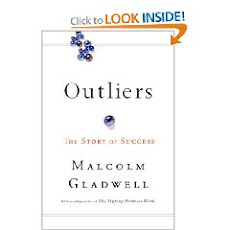




















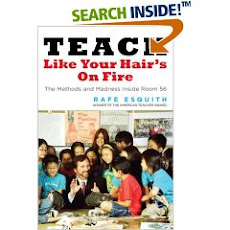



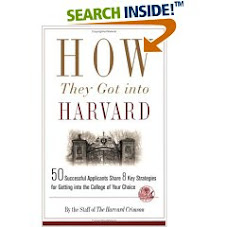




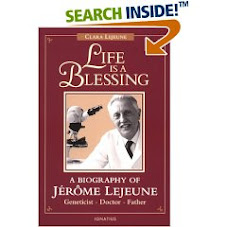
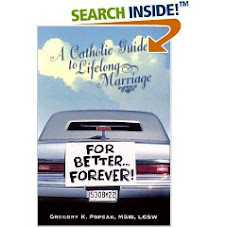




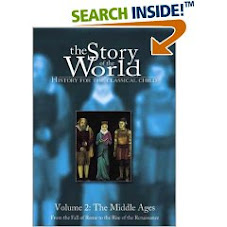




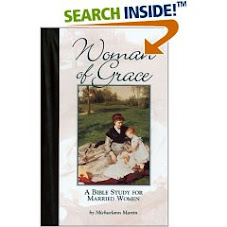
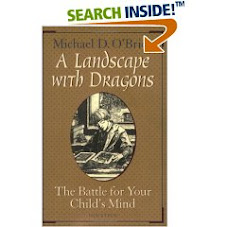
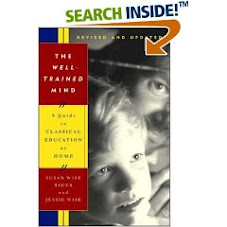














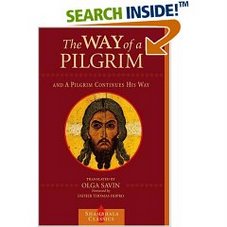



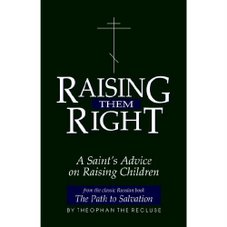












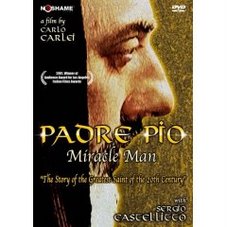



3 comments:
That sounds like a very interesting conference; your last comment about non-sacramental marriages caught my eye and I'd like to offer my two cents for you to do what you'd like with.
I agree that it is difficult to be a traditional Catholic in today's society namely because the values of Catholicism are not supported by the values of society. I think the struggle becomes still more difficult when confronted with the dilemma of having someone in your life whom you care for be in conflict with your own personal Catholicism. My cousin recently married a Moslem gentleman and because he is not baptized their marriage was blessed by the Church but technically is not considered a sacrament. Friends and family all expressed concern over the possible struggles which she might face being married to someone who doesn't share her faith, but she displayed very consistently her determination to marry the man she loved no matter what. She asked me to be a bridesmaid, and I felt conflicted. On the one hand we were good friends, even family, and we had grown up together and often talked about being in each other's weddings; she was a bridesmaid in my wedding. On the other hand, I had serious reservations about whether or not I could support her in her decision. It didn't take me very long to decide what I should do; I told her I was concerned, but that I would love her no matter what and I'd be happy to be in her wedding. Only time will tell what their marriage will be like, but either way I'd make the same decision over again. If things go well, then I'm glad I was there to help her celebrate the beginning of a beautiful marriage. If things do not go well, I know she will think of me as someone she can turn to for support since I have been with her from the beginning.
I think sometimes it is more important to preserve a relationship and be an example of Christian compassion than to be a crusader for tradition and dogma. Sometimes, being Catholic and standing up for the truth means being vocal about it; other times, I think the truth is better served in quietly loving someone as a whole person, not weighing them according to how Catholic you think they are or how many of the rules they follow. Some people are not as Catholic as they could be, some of them endure great struggles, but a lot of them still love their children, still try to be a good friend, and above all they still need to be loved. The word "catholic" means "universal," but so often we seek to define Catholicism as something narrow, strict, and stingy. I think God is much broader, much more forgiving, and much wiser than we give Him credit for. I call myself a Catholic and go to Mass and don't eat meat when I'm not supposed to, but there have been times when I have treated other people in a very un-Catholic fashion. I think that theology and tradition are important and integral parts of the Catholic faith, but that it is easy to get caught up in them and to lose sight of the broader picture, to forget about truly Christian behavior. Someone might believe absolutely in every word of the Bible and the Catechism, but how do they treat people? With kindness and compassion, or with criticism and judgment? If a person is turned off by all the “rules” of Catholicism, I think they would more impressed with a kind person’s behavior than a scholar’s knowledge of theology. Both are necessary for the health of the Church, but I think it’s possible to be a brilliant theologian and still go to hell, and also to be a kind and loving simpleton and get to Heaven.
P.S.
I agree with Dominic about the long skirts and dresses thing; I think once you have kids it gets a little ridiculous trying to wrestle a diaper onto a squirmy toddler. Skirts are nice for church, but they're not always practical for every situation.
Irina: Michelle told me that you had some notes from Saturday and I came to take a "peek". so glad I did. We met once at the open house for Veritas, and I know Thea from St. Al's.
You have a lovely blog, and I look forward to visiting again!
Post a Comment